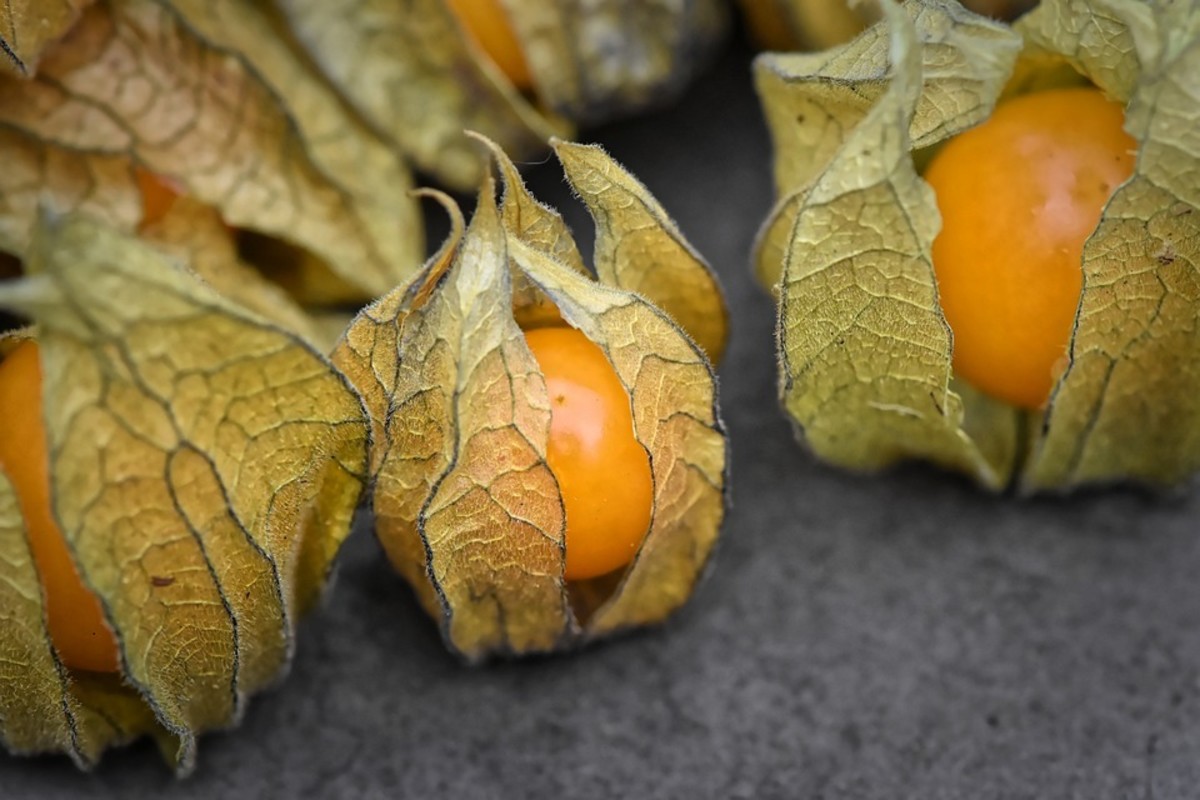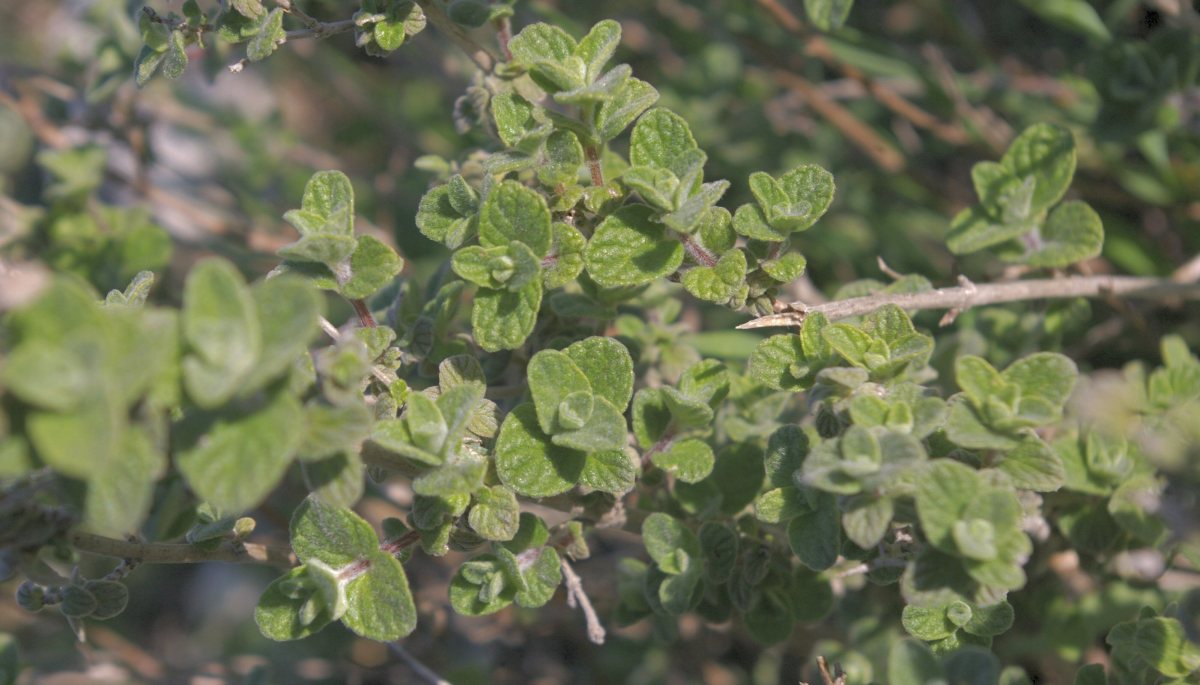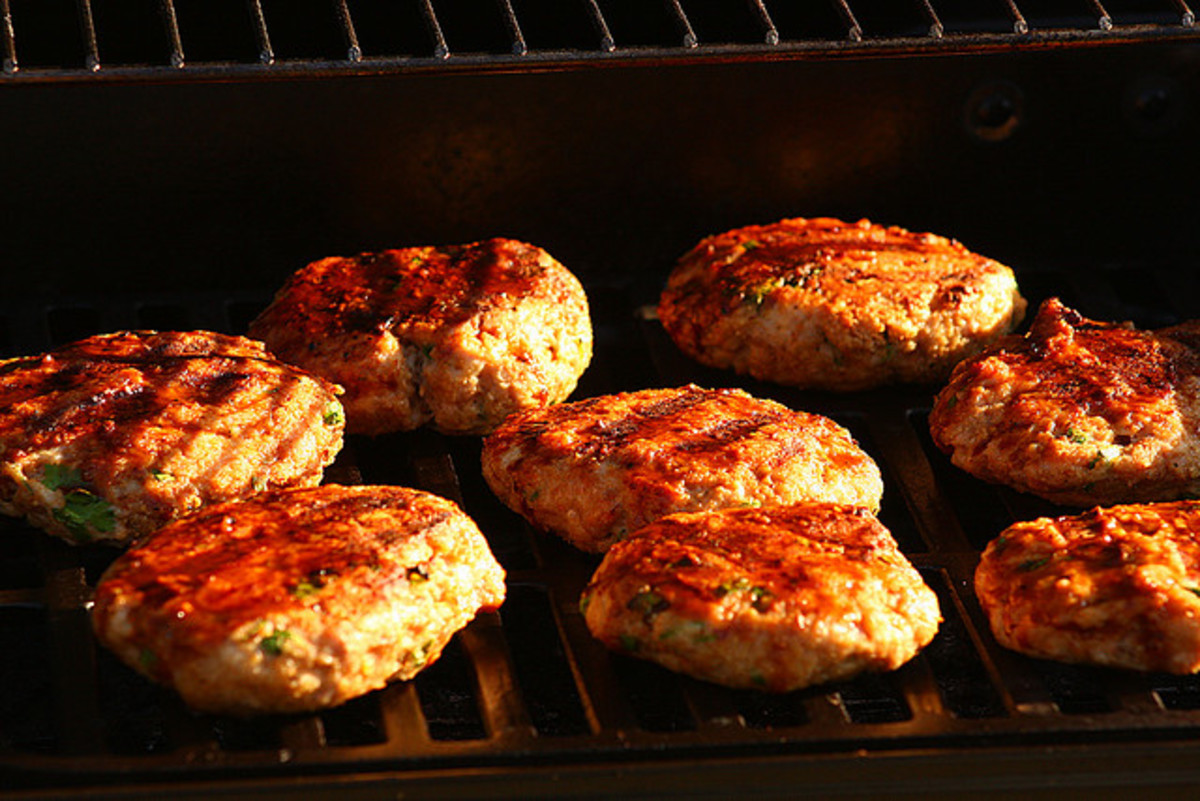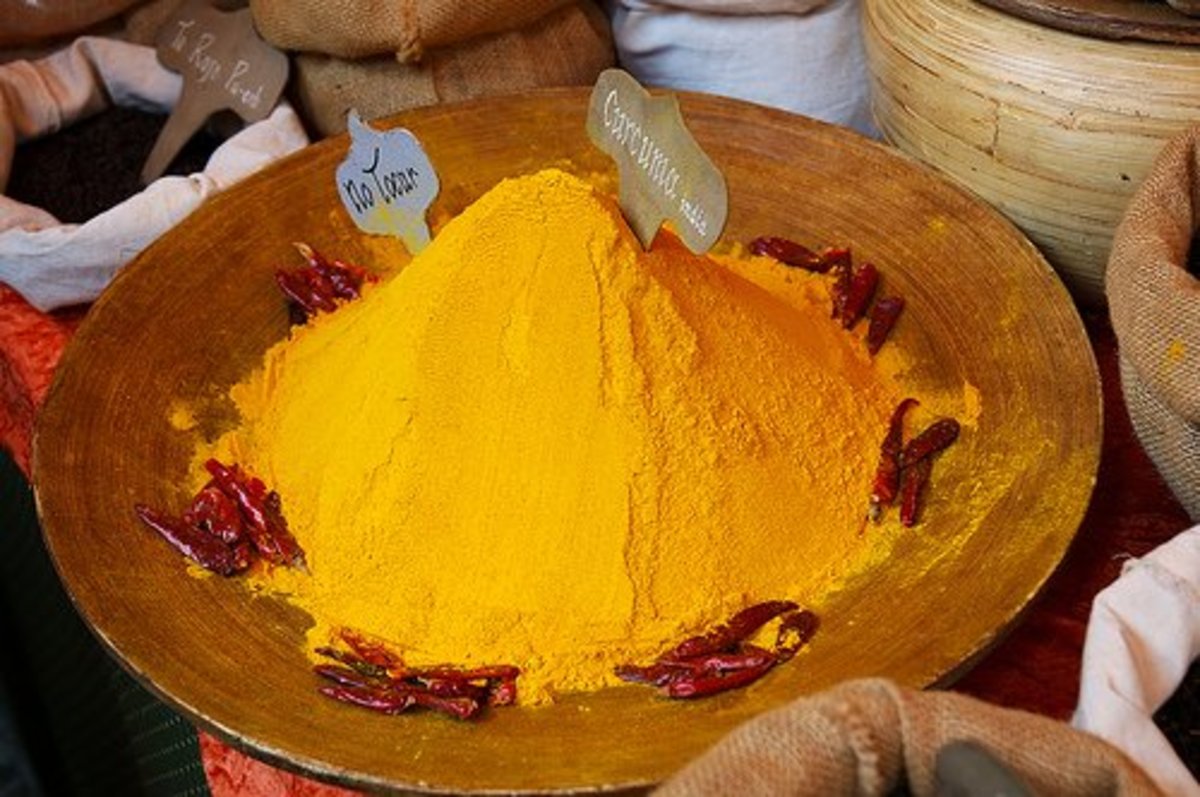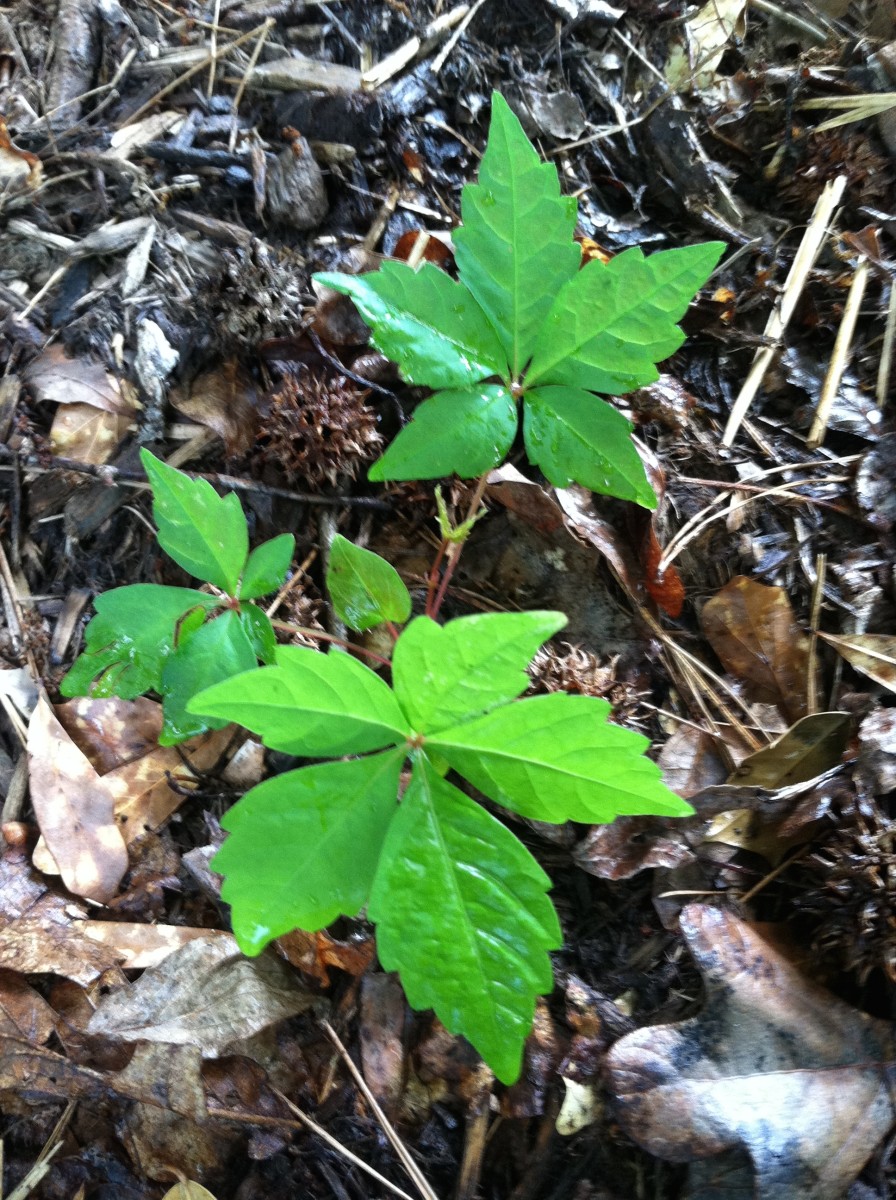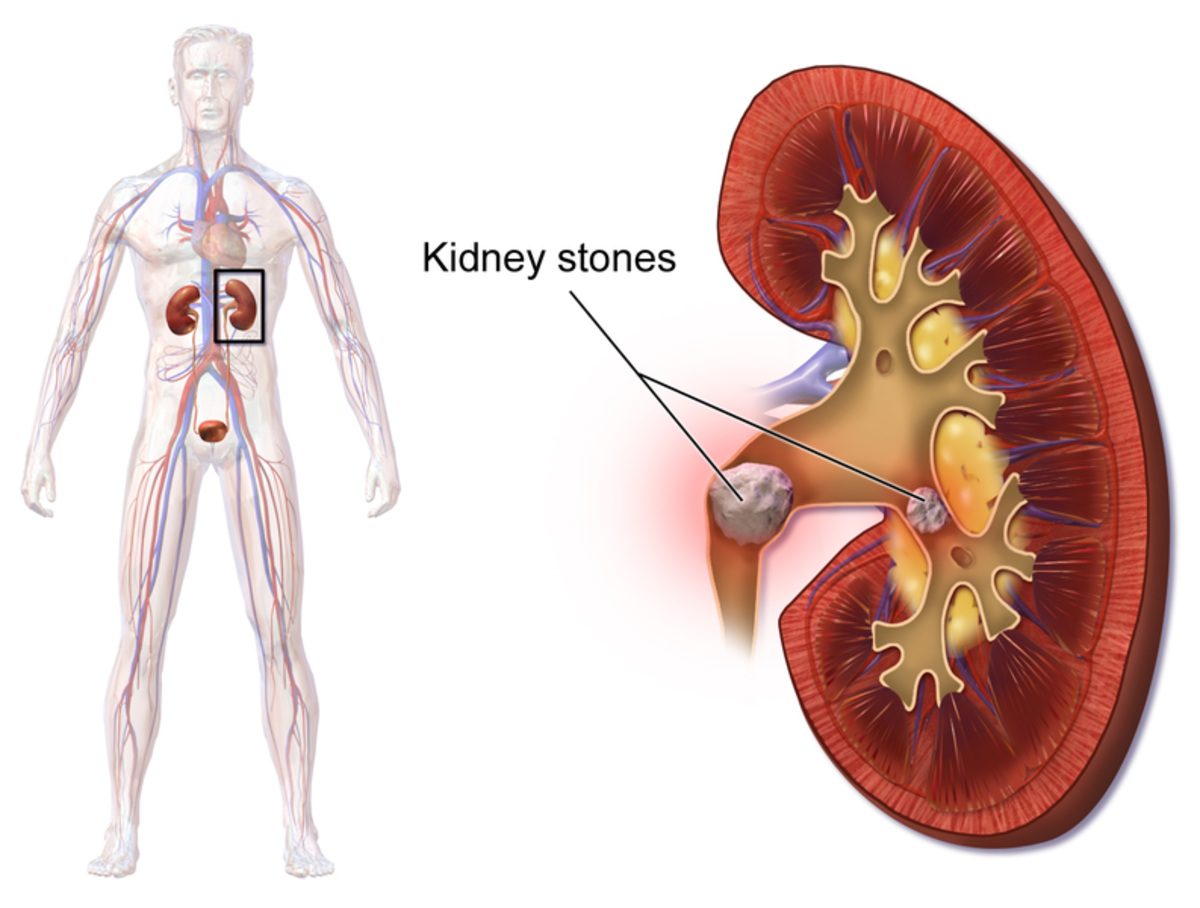Olive Leaf Extract A Healing Wonder
Olive Leaf has been used traditionally as an antioxidant, and as a tonic for good health.
Olive Leaf contains oleuropein, a compound that plays a role in supporting a healthy immune system.
Olive Leaf possess antioxidant properties.
Olive Leaves contain oleuropein, an antioxidant which may assist in the maintenance of a healthy circulatory system.
The leaves of the Olive tree have been used in Italian folk medicine as a remedy for a normal or healthy cardiovascular system.
The compound in Olive leaves responsible for the maintenance of a healthy or normal cardiovascular system is oleuropein.
Antioxidants are important in supporting a healthy cardiovascular system.
Olive leaves contain components that are potent antioxidants and free radical quenches.
Olive leaf has traditionally been prescribed in South Africa as a hypotensitive.
Olive leaf supports normal healthy blood pressure.
Phenolic compounds present in olive leaves possess antioxidant properties that may assist with supporting a healthy cardiovascular system.
Scientists discovered a compound in olive leaf called oleuropein; this compound has antioxidant properties to promote a healthy circulatory and immune system.
Olive leaf was traditionally used to relieve the symptoms of a fever.
Traditionally, Olive leaf has been shown to act as an antimicrobial remedy.
The bitter compound oleuropein, the mayor constituent of Olive Leaves has been shown to have potent antioxidant properties; Anti oxidants can support the process of free radical formation in supporting healthy cardiovascular and immune function.
In Traditional Western herbal medicines olive leaves have helped to reduce the symptoms of a fever.
Olive leaf may assist in the relief of cold and flu symptoms.
Habitat:
The olive is native to the Mediterranean region, tropical and central Asia, Chile and Peru, south Australia and various parts of Africa.
Description:
The olive tree is a small, evergreen tree, rarely exceeding 8 to 15 meters in height. It has pale grey bark and numerous small and creamy colored flowers.
The fruit is small, ovoid and filled with oil. It is a green drupe when unripe, and becomes blackish-purple when fully ripe. A few varieties are green when ripe and some turn a shade of copper brown.
Olive oil ranges in color and flavor from green to gold and from very mild to very strong.
Part Used Medicinally:
Fruit, the oil of the fruit, leaves and bark.
Constituents:
Olives are a very good source of monounsaturated fats and Vitamin E.
Mannite is found in the green leaves and the unripe fruit.
Olive oil is rich in oleic acid, a monosaturated fatty acid, and phytochemicals oleurpein and hydrooxylorosol, potent anti oxidants.
Medicinal Uses:
The olive's high content of monounsaturated fats and Vitamin E protects the cells from free radicals and therefore has anti-cancer and heart healthy properties.
Its anti-inflammatory properties help reduce the severity of asthma, osteoarthritis and rheumatoid arthritis.
The vitamin E in olive helps reduce the frequency and intensity of hot flashes in menopause women.
Being rich in oleic acid, olive fights cancerous cells particularly breast tumor cells. It also contributes to the development of healthy brain and bones in children.
Olive contains many fenol-like substances, which are effective in preventing and treating thrombosis and arteriosclerosis.
Olive leaves are astringent and antiseptic. They are powerful herbal organic antioxidants.
Olive leaf extract is effective in skin care, fighting colds and the flu, boosting the immune system and energy, detoxifying and fighting infections, tackling chronic fatigue, certain viruses and herpes.
Olive leaves and bark have valuable febrifugal qualities.
Olive oil is a laxative and disperser of acids and a mechanical antidote for irritant poisons. It is often used in enemas. It also helps with abdominal chills, typhoid, scarlet fever and the plague.
Olive oil helps relieve pruritis, the effect of stings or burns and is a good hair-tonic.
Olive oil is the best of cooking oil and a valuable dietary item for individuals of all ages.
It also results in long-lasting weight loss compared to low-fat diets. Moderate amounts of olive oil can reduce abdominal fat when included in a diet high in vegetables.
A diet rich in olive oil lowers the risk of developing heart failure, as it prevents blood clot formation and platelet aggregation.
Regular consumption of olive oil lowers blood pressure and is also a good alternative in treating diabetes and delays the onset of the disease.
Olive oil has positive effects on the blood's cholesterol and LDL levels. It reduces the risk of developing cardiovascular diseases and promotes longevity.
Olive oil plays a key role in fetal development during pregnancy. It also acts as a natural anti-oxidant and slows down the natural aging process.
It also contains a natural chemical that acts like a painkiller; 50 grams of extra-virgin olive oil is equivalent to one tenth of a dose of ibuprofen.
Olive oil protects against ulcers, gastritis and other gastrointestinal problems. It lowers the incidence of gallstone formation.
Olive oil has a protective effect on the development of colon cancer and tackles certain types of skin cancer.
Preparation:
Olive oil is extracted by pressing or crushing olives. Depending on its processing, its varieties consist of: Extra virgin (best quality, least processed from the first pressing of the olives), Virgin (from the second pressing), Pure (undergoes some processing, such as filtering and refining), Extra light (undergoes considerable processing and only retains a very mild olive flavor).
RMIT University researchers have described the promising cardioprotective effects of an Australian olive leaf extract at the American Heart Association's 7th Annual Conference in Denver, USA.
Indu Singh, who led the RMIT research team, said the olive extract reduced blood platelet aggregation in laboratory investigations.
"Polyphenols from this olive leaf extract significantly inhibited platelet aggregation in the laboratory. This has important benefits as the antiplatelet effects in olive leaves may offer a degree of protection from thrombosis and other cardiovascular diseases," said Ms Singh.
The findings, which have since been published in the medical journal, Nutrition, Metabolism & Cardiovascular Diseases, are yet another positive result for these unique liquid olive leaf extracts, which are made from fresh olive leaves, for maintaining cardiovascular health and normal heart function.
The new findings follow Australian and European research linking the polyphenols in olive leaves to lowered blood pressure and antibacterial, anti-inflammatory and antioxidant effects.
Olive Leaf Australia's Corporate Development Director, Julian Archer, said he was excited about the results generated by one of his company's products.
"We receive many reports from customers whose doctors are very happy with the cardiovascular and heart health benefits their patients are receiving from using the product," said Mr Archer.
"It is very encouraging to see scientific studies supporting this and we expect results from further comprehensive clinical trials in the near future."


